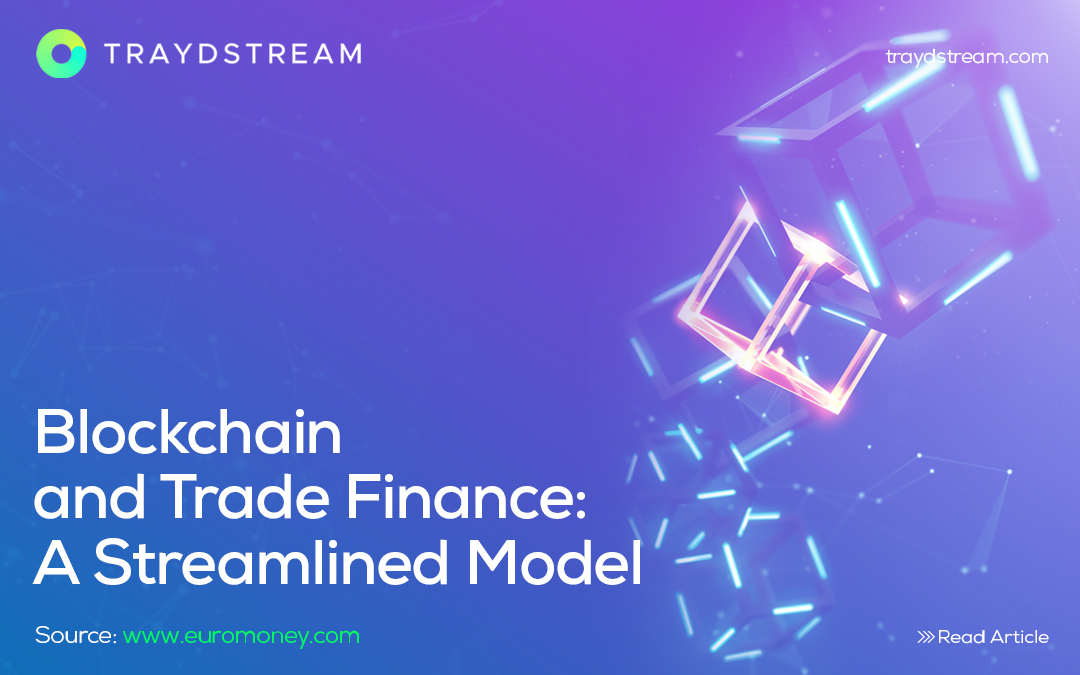
It is no secret that blockchain has revolutionized the way that people understand and interact with the digital world. It has been a number of years since blockchain debuted on the world stage, and in its time since, the platform has paved the way for interconnectivity through a decentralized system.
I don’t know about you, but for a while – especially at the beginning, I was not sure that this system would last. However, a key indicator that blockchain was not a fad – and was definitely here to stay was when in 2018, the World Trade Organization posed the question, ‘can blockchain revolutionize international trade?’
At that point, the trade finance industry – one that is notoriously averse to change – was not ready to adopt futuristic technology. It was projected at that point that “trade-related issues – such as in the ESG and origination space – will spearhead blockchain-based propositions to support the global trade finance sector in creating transparency in the physical supply chain.” – Jacco De Jong, Bolero
Fast forward to 2022, where the world has experienced significant upheavals – the modes in which we operate, and that which we value as important has shifted. The world now calls for more transparency, better DEI, and higher ESG (as predicted by De Jong above in 2018). Blockchain, which provides an unalterable, transparent, decentralized platform upon which ledgers are kept – offers solutions to a number of these issues. However, blockchain as a platform comes with its own complexities – and has been no stranger to data privacy issues as well as black market transactions conducted on it. For a conservative industry such as Trade Finance, this is an off-putting facet.
Presently, the trade finance industry is still in the early adoption phases of technological adoption and enhancement. The global pandemic forced players in this industry to shift away from manual processes, as during this time, the human workforce was unable to attend to its needs. Tech adoption remains a big concern for constituents of this ecosystem, with the amount of goods and money that is transacted in these deals. Large banks and importers/exporters have come around and have begun to partner with third-party entities like us, Traydstream, to help them navigate trade finance in the 21st century.
With regard to blockchain integration specifically, blockchain can provide technological infrastructures to handle massive quantities of data quickly, efficiently, and securely, while connecting the various individual stakeholders through a decentralized network. The benefits of blockchain are that it can allow stakeholders to create digital ecosystems more easily – within which bank, non-bank, and fintech players can collaborate to create new solutions and provide value. It can help to optimize the industry for the 21st century trade finance requirements.
As an entity that prides itself on being cutting-edge, and embracing key technological elements that advance trade finance, Traydstream is eager to keep track of blockchain developments, and we are looking towards integrating blockchain software should the need arise.
Currently, Traydstream’s focus has been on digitized document-checking and regulatory compliance, with the purpose of saving time, energy, and money by using artificial intelligence and machine learning. Our products are constantly evolving to meet the needs of the markets, and the stakeholders within them.
To stay up to date on all things Traydstream, make sure to follow us on all social media, and visit our website. If you are interesting in partnering with us, or becoming a client, reach out to us at info@traydstream.com

